Our latest report on global supply chains and manufacturing coincides with the tenth anniversary of the tragic Rana Plaza factory collapse in Bangladesh in 2013. In the decade since Rana Plaza, garment factory safety in Bangladesh has improved. But global apparel brands and retailers continue to put exploitative economic pressure on factory owners.
NYU Stern Center for Business & Human Rights Receives GCFA North Star Award
The NYU Stern Center for Business & Human Rights received the North Star Award at the Green Carpet Fashion Awards in Milan. The award acknowledged the Center’s report, “Made in Ethiopia: Challenges in the Garment Industry’s New Frontier,” authored by Paul Barrett and Dorothee Baumann-Pauly, as the most important academic research development from the past year. Dorothee Baumann-Pauly and Auret van Heerden accepted the award on NYU Stern CBHR’s behalf.
The Value Chain Revolutionized: How Industry 4.0 Will Change the Future of the Garment Industry
Is Walmart Doing Enough to Protect Workers in its Supply Chain?
ILO launches decent work programme in Ethiopia
The Fair Labor Association: A Useful Tool For Investors
Ethiopia: Proposed law to improve wages and promote safe working environment in industrial parks
After our report revealed that wage rates in Ethiopia were found to be far more exploitative than other developing nations, a newly amended Ethiopian labor law, is said to have incorporated provisions that would help protect the basic rights of workers in terms of safe working environment and decent and livable wages.
MoLSA to Push for Livable Wages in Industrial Parks
How to Support a Virtuous Sourcing Circle in Ethiopia
The Garment Workers of Ethiopia are World’s Lowest Paid
A New Industry in Ethiopia is Creating Jobs. But at What Cost?
Deputy Director Paul Barrett’s op-ed in the Washington Post following the release of the Center’s report “Made in Ethiopia: Challenges in the Garment Industry’s New Frontier.”
Report: Made in Ethiopia: Challenges in the Garment Industry's New Frontier
In May 2019, the Center published “Made in Ethiopia: Challenges in the Garment Industry's New Frontier,” an examination of how the global apparel industry operates in Ethiopia. The report features a set of nine recommendations for how the industry and the Ethiopian government, foreign manufacturers, and Western brands can address the human rights challenges created by the lowest wages in the entire global supply chain for clothing.
Can cheap fashion ever be ethical?
How clothing brands' business practices fuel factory abuses
How Apparel Brand Purchasing Practices Drive Labor Abuses
'My appointment was met with opposition': Rubana Huq, the first female chief of a Bangladesh boys' club
CNMI International Roundtable on Sustainability - Livia Firth's Key Takeaways
Mapping the Garment Industry in Bangladesh: A Call for Transparency
The Center for Entrepreneurship Development at BRAC University in Dhaka, Bangladesh, published the results of what we assume will be the first phase of its digital mapping project of the country’s ready-made garment sector. Our Research Director, Dorothee Baumann-Pauly offers her thoughts on the project.
























